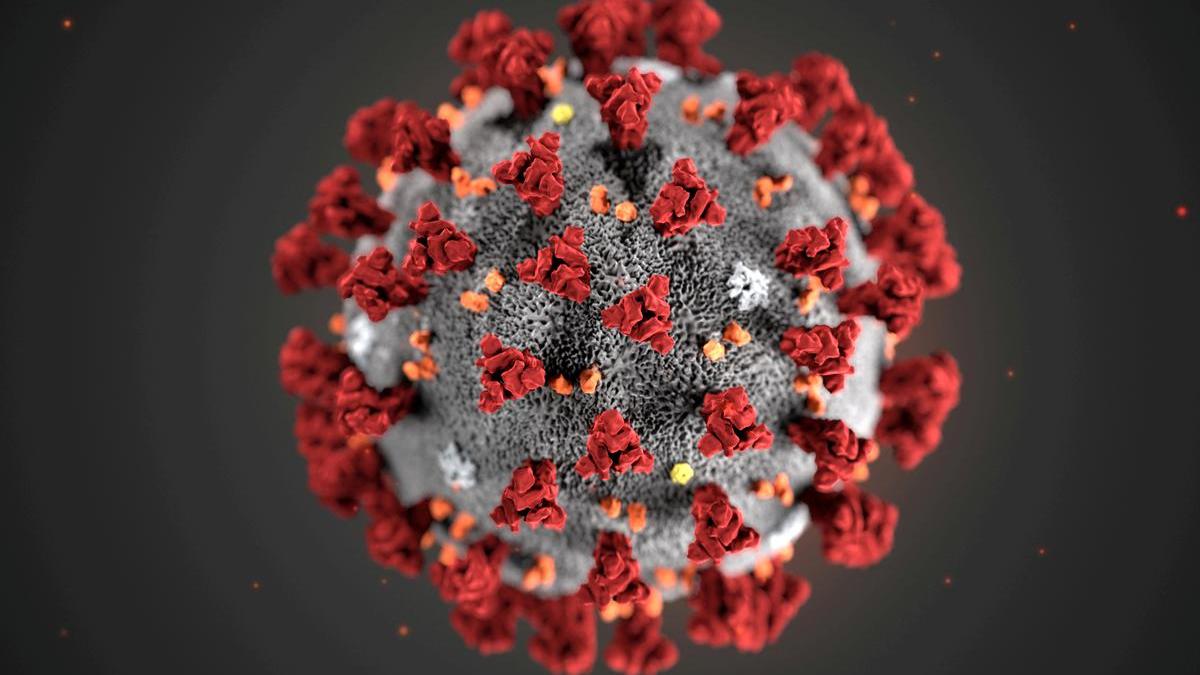
The cyclical ebb and flow of infections Premium
The Hindu
In The Hindu’s weekly newsletter, Ramya Kannan writes to you on getting to good health, and staying there. This week: WHO’s verdict on e-cigarettes, rising mental health concerns and how the winter season affects human behaviour.
This week in health: WHO’s verdict on e-cigarettes, rising mental health concerns and how the winter season affects human behaviour.
As 2023 comes to its final port of call this December, headlines are once again dominated by whispers, facts and questions about COVID-19. We knew that COVID-19 was not leaving anytime soon, but we are close enough to the pandemic at this stage for COVID-19 whispers to cause a sense of alarm and panic in the society. How serious is the situation now?
Globally, the number of cases of COVID-19 has started increasing. Some countries have urged their residents to mask up once again, at least in public places, and while travelling on airplanes, particularly Singapore, media reported (Singaporeans strongly encouraged to wear face masks following a spike in cases). The WHO acknowledged the surge, the emergence of the JN.1 variant and said it would continue to assess the situation. WHO’s Maria Van Kerkhove said the number of respiratory infections across the world has been increasing, not just COVID-19 this holiday season where people are travelling more. JN.1 a sublineage of the BA.2.86 series, has the full spectrum, from asymptomatic disease to severe disease to death, similar to Omicron variants. She said as it is possible to track the virus, so member states have been asked to mount strong surveillance, do good sequencing and share the sequencing, so that the WHO could modify its advice as per evolving parameters. The good news is that all approved COVID vaccines provide protection against severe disease and death, for all variants, including JN.1.
Kerala which has produced the index patients in COVID waves in the past, also threw up the first detected case of JN.1 in the country last week. JN.1 was detected in the sample of a 79-year-old woman in Kerala that was drawn on December 8. The senior citizen’s sample had returned a positive result in an RT-PCR test taken on November 18, doctors said, adding that she had mild symptoms of influenza-like illnesses (ILI) and had recovered from COVID-19. Two COVID-19 deaths reported in north Kerala further prompted the health department to issue an alert. Earlier, an Indian traveller was also detected with JN.1 sub-variant in Singapore. The person was a native of Tamil Nadu’s Tiruchi district and had travelled to Singapore on October 25. However, no increase in cases was observed in Tiruchi district or any other location in Tamil Nadu since then. “No other case of JN.1 variant has been detected in India,” the source said. It was also confirmed that while cases were increasing across the country, 90% of them were in the mild category.
Nevertheless, this led to some guarded concern amongst health authorities in Stated neighbouring Kerala — Tamil Nadu and Karnataka. Since States have porous borders and it is impossible to effectively monitor the movement of people across, so to be on the safe side, State Governments have increased surveillance and put in place mechanisms to handle patients in case the new sub-variant is to be detected within their borders. Tamil Nadu (as cases rise in Kerala, Tamil Nadu to keep a close watch on COVID-19 situation) and Karnataka (Karnataka’s Kodagu on alert and Karnataka on high alert; TAC to meet on December 19) are gearing up.
Meanwhile, it is the season also for all kinds of infections, and outbreaks, winter as it is in half the world. Siddharth Kumar Singh writes about how mumps is on the rise in Hyderabad, with doctors advising MMR vaccination; respiratory infections and influenza cases on the rise in Kerala and the State’s plans to monitor rising cases of respiratory illnesses closely.
On the subject of influenza, Bani Jolly and Vinod Scaria write on the significance of an influenza A (H1N2)v case in the U.K. On 27 November 2023, the United Kingdom Health Security Agency (UKHSA) reported the first known human case of influenza A (H1N2)v in the U.K., a variant of the influenza virus previously not known to cause infections in humans. Following detection, public health agencies in the U.K. are now working rapidly towards characterising the pathogen and assessing the risk it may present to human health. Instances of human-to-human transmission of the virus have also not yet been detected, however, the detection of the virus in a case with no contact with animals could possibly mean that a limited and undetected human-to-human transmission may have occurred. “But there is no definitive evidence,” says the WHO.













